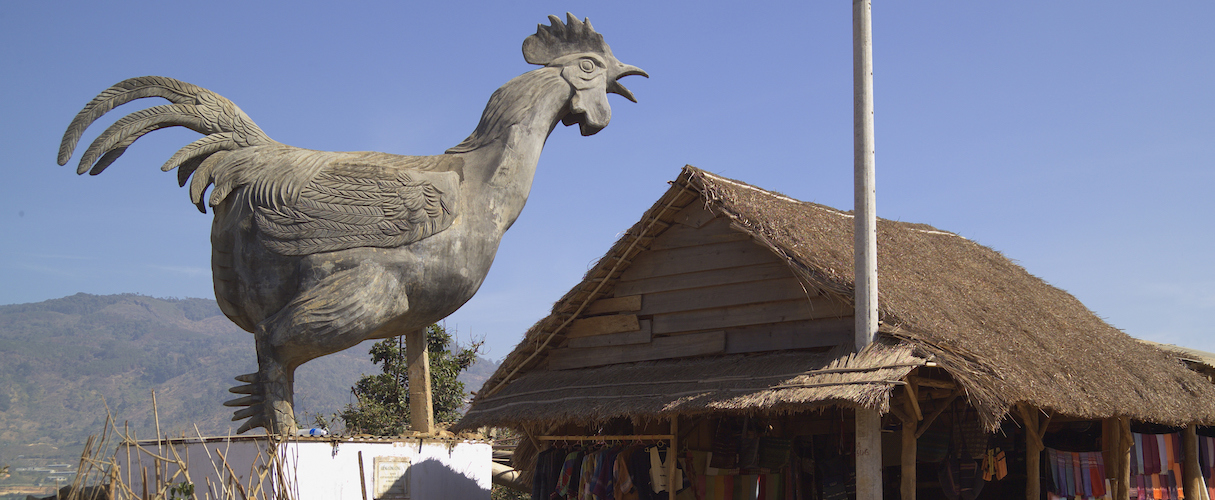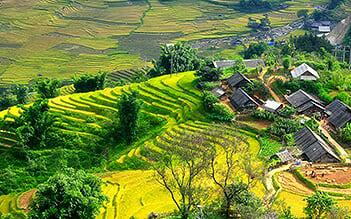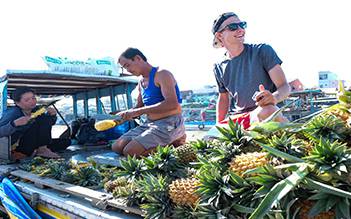Overview
Lat commune is a village of K'Ho people living at the foot of the majestic Langbiang mountain. Besides being a traditional village of ethnic minorities, Lat commune is also an attractive tourist destination for tourists on Da Lat Countryside tour full day.
Lat commune in Dalat is one of the villages of the ethnic minority K'Ho in Lac Duong district, Lam Dong province. Here, there are still many traditional cultural characteristics of ethnic people in the Central Highlands region in general and Da Lat in particular.

Lat Village
When visiting Lat Village, visitors will experience and learn the reverberation features of the village through the melodies of the Central Highlands gong festival. Furthermore, you can also enjoy the wine needed, the fire on the fire of the kitchen flickers between the dark space in this mountain of highland forests.
People living mainly in Lat commune are now K'Ho Lach people, these are the first people living in Da Lat city today. Before Dr. Yersin discovered the beautiful city of Dalat, K'Ho Lach ethnic minority people lived in the current Xuan Huong lake.
After Da Lat city was planned by the French, blocking the dam to prevent the Cam Ly stream to become Xuan Huong Lake as it is today, they moved all Lach people here to the foot of Langbiang mountain, the French people. 100 houses on stilts and support them to have a new life. From here, the Lach people developed their village to become Lat commune with more than 5000 people like today.

Lat Village
In addition to traditional farming, Xa Lat is also the place to create brocades with many unique and beautiful patterns that tourists taking Da Lat Cultural tour full day often buy and bring back as a souvenir for the stop at this foot of Langbiang mountain. Besides, when night falls gradually, the gong dance teams of Xa Lat appear with skillful dances that attract all eyes of the cross travelers. The sound of gongs and gongs here and there brings joy to tourists is also a significant source of income for the Lach people living in this commune.




